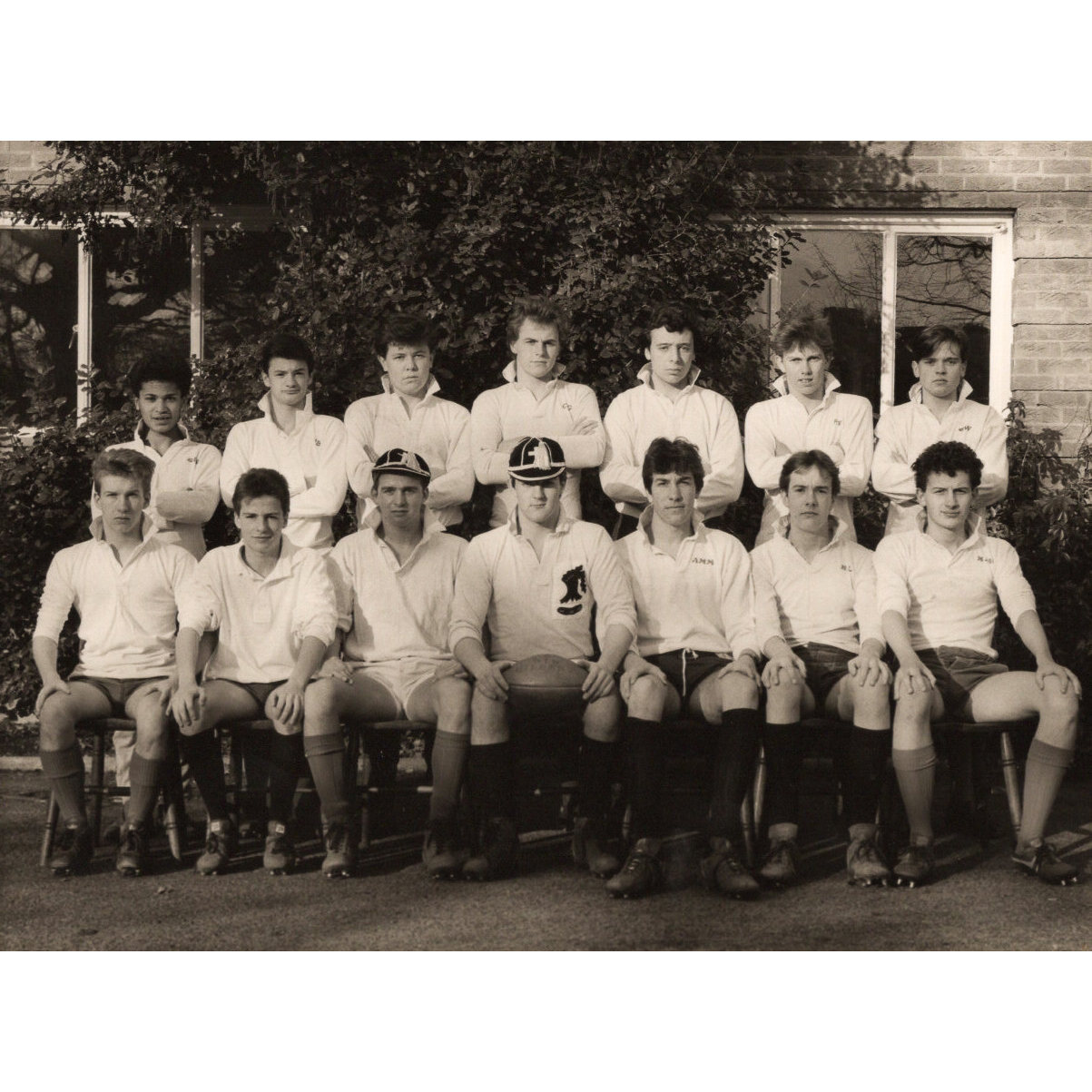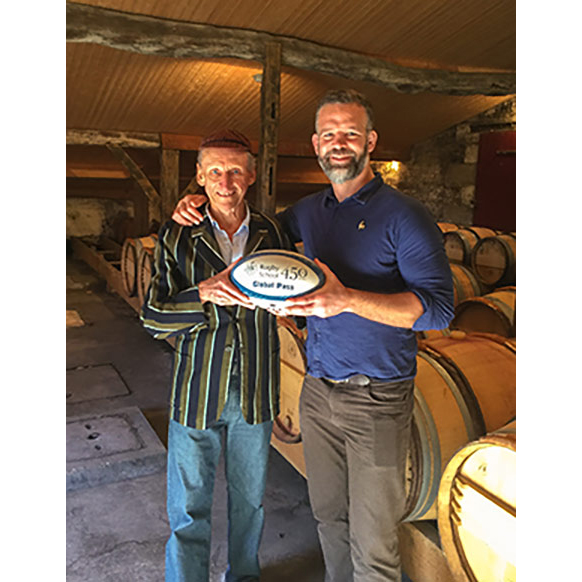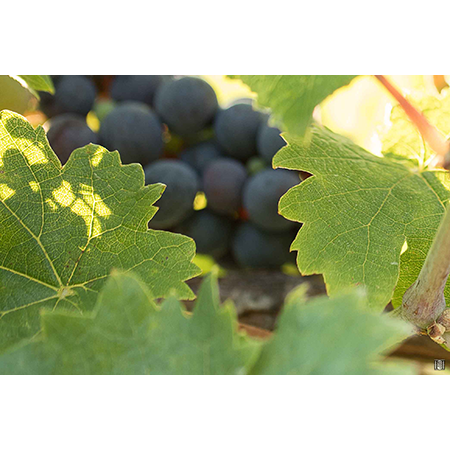






Singing from the same song sheet – Wine & Rugby
The New Zealand rugby team, the All Blacks, have 15 principles by which they live and play the wonderful game of rugby. These principles have been shared and well documented in many books and have also been copied by the business world, seeking to reproduce the success achieved by this great team. Now I am not about to start advocating that the wine world should stand up and take notice, however two of their principles should resonate in the vineyard; No.14 Be a Good Ancestor and No.15 Write Your Legacy.
Be a Good Ancestor
Put simply, this is all about sustainability, or as the All Blacks put it; “to protect and enhance the reputation of the team for as long as they are chosen to wear the shirt and leave it in a better place for the player who follows them”. When placed alongside the definition of sustainability (meeting our own needs without compromising the ability of future generations to do the same), they are both singing from the same song sheet.
At Château Méaume we have a strong sustainability ethos. We strive to maintain balance and harmony with the ecosystems within our vast estate to foster and grow the wide variety of insect and animal life. All aspects of the estate are centered on sustainability, through good agricultural practices in the vineyard, recycling vine cuttings, planting grasses and wildflowers between rows of vines, preservation of the forests and animal farming in the natural environment of the pastures. Our forests and hedgerows foster biodiversity. The estate also boasts a diverse collection of plants, insects and natural wildlife including a thriving colony of bats which we encouraged to settle in one of our old buildings as they are instrumental in the fight against insects and moths which damage grapes. In 2019, we achieved France’s High Environmental Value, Level 3 (HVE3), the highest-level of certification for sustainability in wine in France.
Haute Valeur Environnementale
The French Ministry of Agriculture developed the Haute Valeur Environnementale (HVE certification in 2001), as a three-tiered system that encourages farms and vineyards to focus on increasing their biodiversity, decreasing the negative environmental impact of their phyto-sanitary strategy (i.e. measures for the control of plant diseases, reduction of the use of pesticides and fungicides), managing their fertilizer inputs, and improving their water management. Once an operation has attained the third and most stringent level of the certification process, it is deemed worthy of the title “High Environmental Value” (Haute Valeur Environnementale or HVE). The authorities recently established an official label that producers with this status can display on their products and marketing materials.
HVE has strong support from the trade organization Vignerons Indépendants de France (Independent Winegrowers of France) a group of eco-conscious small-scale producers, about 25% of whom are organic producers. They are seeing a gradual reduction in the number of new recipients of organic certification among wineries in France. HVE is less strict than organic requirements in terms of the elimination of chemical inputs in the vineyard, but it emphasizes other points, such as the promotion of biodiversity, which makes it much more aligned with sustainable agriculture systems that have concerns about vineyards being monocultures.
This voluntary approach involves three levels:
- Level 1 is a prerequisite for access to the process, obtained by carrying out a self-assessment by the farmer, validated by an accredited auditor. Action plans are created.
- Level 2 has 16 “best practices” around 4 themes: biodiversity, use of pesticides, fertilizers, water management. At this level a vineyard could receive the environmental certification label; it is validated by an external audit.
- Level 3 is the highest level and the only one that provides the certification HVE for the entire farm operation. It includes performance requirements measured either by composite indicators, or by global indicators corresponding to the four themes. This level is also validated by an external audit after 3 years of operating at Level 2.
As mentioned earlier, once certification is achieved, the logo of HVE may be affixed to finished products (including wine bottles), containing at least 95% of raw materials from farms with high environmental value. As a first step, we have decided to put the logo on our website.
Write Your Legacy
When a new player joins the esteemed ranks of the All Blacks, they are given the “gift of a book featuring shirts from legendary teams which is given to each new player including blank pages for them to fill in. It sends a powerful message that regardless of what has gone before there is still history to be made”.
Everything in the daily routine of the vineyard is focus on the vines. The first vines planted at Château Méaume started producing wine in 1795 and today we have vines planted in 1957 that are still producing. The health of the vineyard needs to be constantly maintained and as the old vines come to the end of their life, they need to be replaced with new ones. The same applies to knowledge and traditions, which are handed down from generation to generation, so that they can fill in the “blank pages” for the vintages to come.
Everything flows to make the perfect bottle of wine (and yes, we do have Château Méaume shirts, that we will leave in a better place for the next generation to enhance and build upon).



